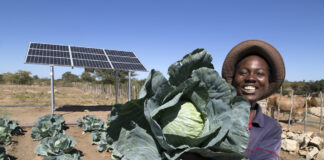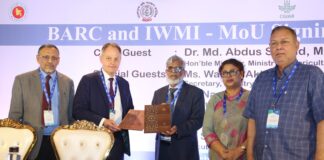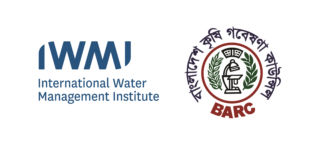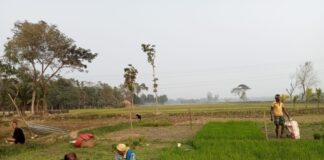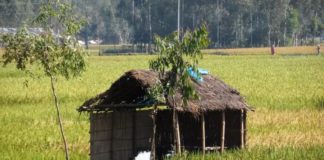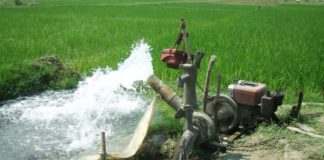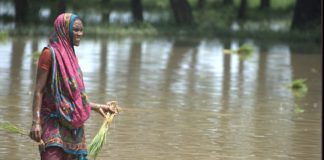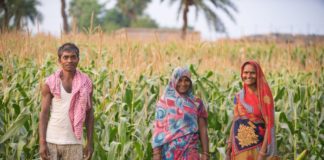Home 2024
Archives
December 2023 – February 2024 Research Journal Roundup
A selection of IWMI's recent contributions to global research.
IWMI opens office in Bangladesh
IWMI signals commitment to the country and strengthens collaboration with the Bangladesh Agricultural Research Council.
BARC, IWMI sign MoU to strengthen research on agriculture
The Bangladesh Agricultural Research Council (BARC) and IWMI have signed a Memorandum of Understanding (MoU) to strengthen research in irrigation and agriculture water management within Bangladesh.
IWMI signs collaborative MOU with Bangladesh Agricultural Research Council
The International Water Management Institute (IWMI) and Bangladesh Agricultural Research Council (BARC) launch a strategic partnership in Bangladesh.
Minding the gender gap in digital innovations in Bangladesh’s agri-economy
Without a concerted effort to empower marginalized groups and bridge the digital gender gap, digitalization risks exacerbating disparities, leaving many behind in the digital revolution.
Infants at higher risk in flood-prone areas of Bangladesh
IWMI researcher says study measuring the burden of living in flood-prone areas addresses a gap in research in quantifying the broader health impacts of floods.
New Scientist: Farmers in Bangladesh pump so much water it may...
Millions of smallholder farmers in Bangladesh pump huge amounts of groundwater for irrigation, helping to triple the country’s rice production and possibly mitigate floods during monsoon season.
Popular Science: Farmers accidentally created a flood-resistant ‘machine’ across Bangladesh
To control unpredictable water and stop floods, you might build a dam. To build a dam, you generally need hills and dales—geographic features to hold water in a reservoir.
International Day for Disaster Risk Reduction 2021
It is so important to harness the power of international cooperation to reduce risk and losses from disasters.
How a new framework can provide flood insurance guidance to millions...
As climate change progresses, insuring millions of farmers against risk from weather shocks offers a means to support food security and reduce nations’ economic losses.


